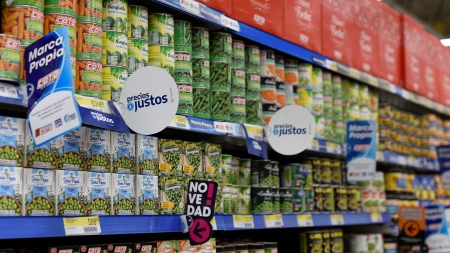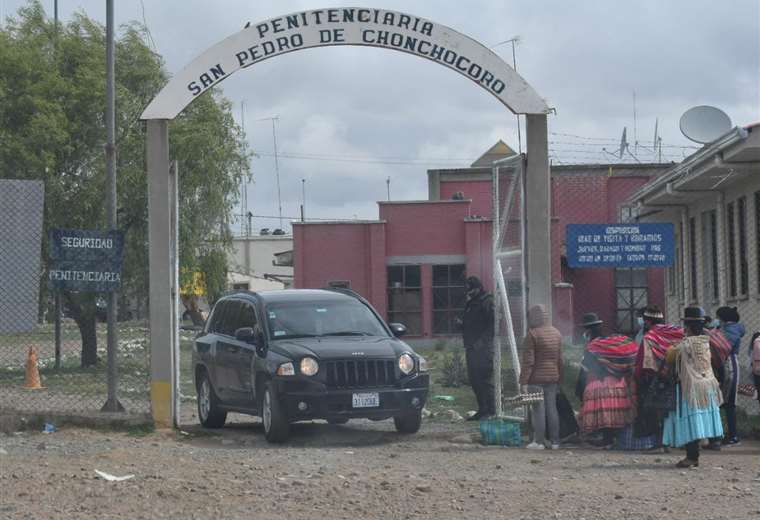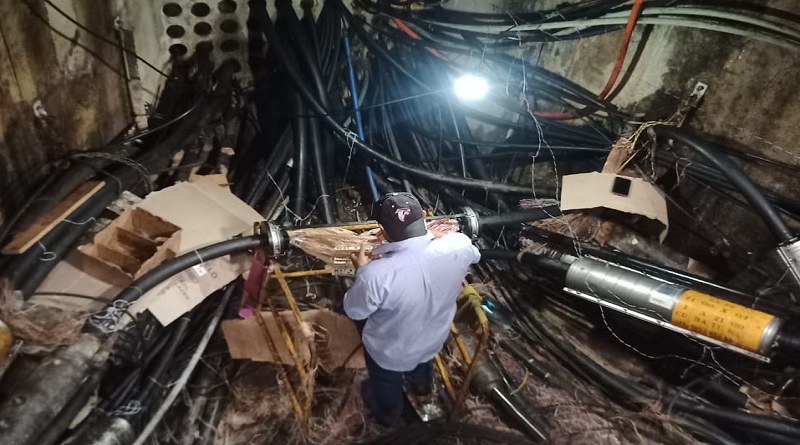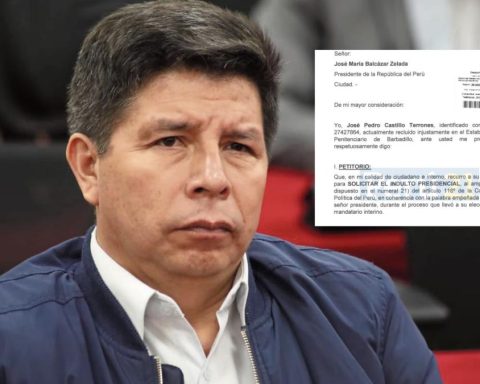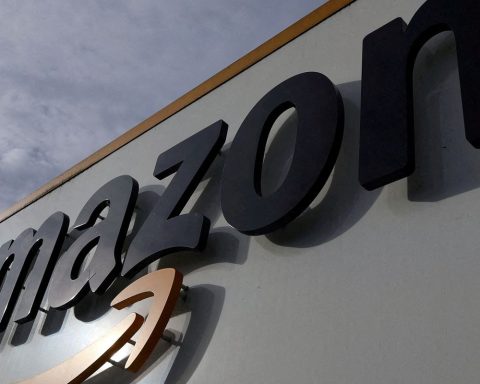The Minister of Economy, Sergio Massawill announce this Friday the extension of the Fair Prices program until next June, with an average monthly increase pattern of 3.2% for 49,832 products made by a total of 482 companies.
The central act will take place from 11.30 in the Kirchner Cultural Center (CCK) with the presence, in addition to Massa, of the Secretary of Commerce, Matias Tomboliniand the president of the Food Products Industries Coordinator (Copal) and the Argentine Industrial Union (UIA), Daniel Funes de Riojaamong other officials and businessmen.
“The price agreement is just one link to combat inflation in a roadmap in which fiscal goals and the accumulation of reserves are being met,” official sources told Télam.
In the Government they emphasize that it is a “voluntary agreement” between the parties, something that is favored because businessmen perceive that there are some economic policy arguments that are being “fulfilled”.
In this context, they do not even rule out that this Friday “50 or 60 more companies” will join the almost 500 that have already committed their participation, particularly “in the textile industry, which is holding meetings at these times to align itself with the Fair Prices program .
The details of the new stage
This relaunch of the program brings forward to February the central guidelines of the agreement announced in November of last year, which in principle was going to be extended until March, in which an average monthly increase of 4% was stipulated with the participation of 102 companies.
This time the numbers are more ambitious: the average increase drops to 3.2% and the number of companies increases almost fivefold.
The expansion plans to maintain a basket of 2,000 products with frozen priceswhich is estimated to rise around 9% compared to January, and which will rotate according to the production of each company.
“The idea is to have order and predictability, with the aim of focusing on the 3.2% guideline above other details, permanently attending to the relationship between macro and micro data,” the sources indicated.
The new stage of Fair Prices will include more items and will run until June https://t.co/g3pTsui36x
– Telam Agency (@AgenciaTelam) January 30, 2023
Precisely this new stage will be reinforced with a software developed jointly by Arsat and Amazon, which will allow the Ministry of Commerce to carry out a detailed control of the evolution of prices and, consequently, of the commitment assumed by companies in general.
After the initial experience of Fair Prices, the Secretariat of Commerce considers that the products that make up the agreement should be rotated to avoid “excess demand”, in order to avoid a kind of tension in terms of supply.
In the Government, they highlighted the responsibility of the companies to maintain the limits of the agreement, although they recognized that deviations were perceived that in some cases were duly justified, while in other cases the corresponding minutes were drawn up.

In fact, during the month of January, more than 2,700 inspections were carried out, mainly in large outlets, and 320 reports were drawn up.
Regarding the eventual participation of unions or social movements in price control tasks, it was clarified that the “State does not delegate control to anyone at all”, with the exception of agreements signed with municipalities to strengthen controls.
The details of the voluntary agreement were finalized in recent days and, in addition to mass consumption products, progress was made with other items such as sports shoes, cell phones and small electrical appliances, clothing, textiles, and widespread supplies.
From the Ministry of Economy they indicated that the decision to advance the agreements was made after an evaluation of the fiscal goals and accumulation of reserves, understanding that the conditions are given to homogenize all the agreements within the framework of an average path and expanding the participation of sectors and companies
In this way, the objective is to generate predictability for the coming months since almost 500 companies assume the commitment to comply with an average price path of 3.2% until next June.
